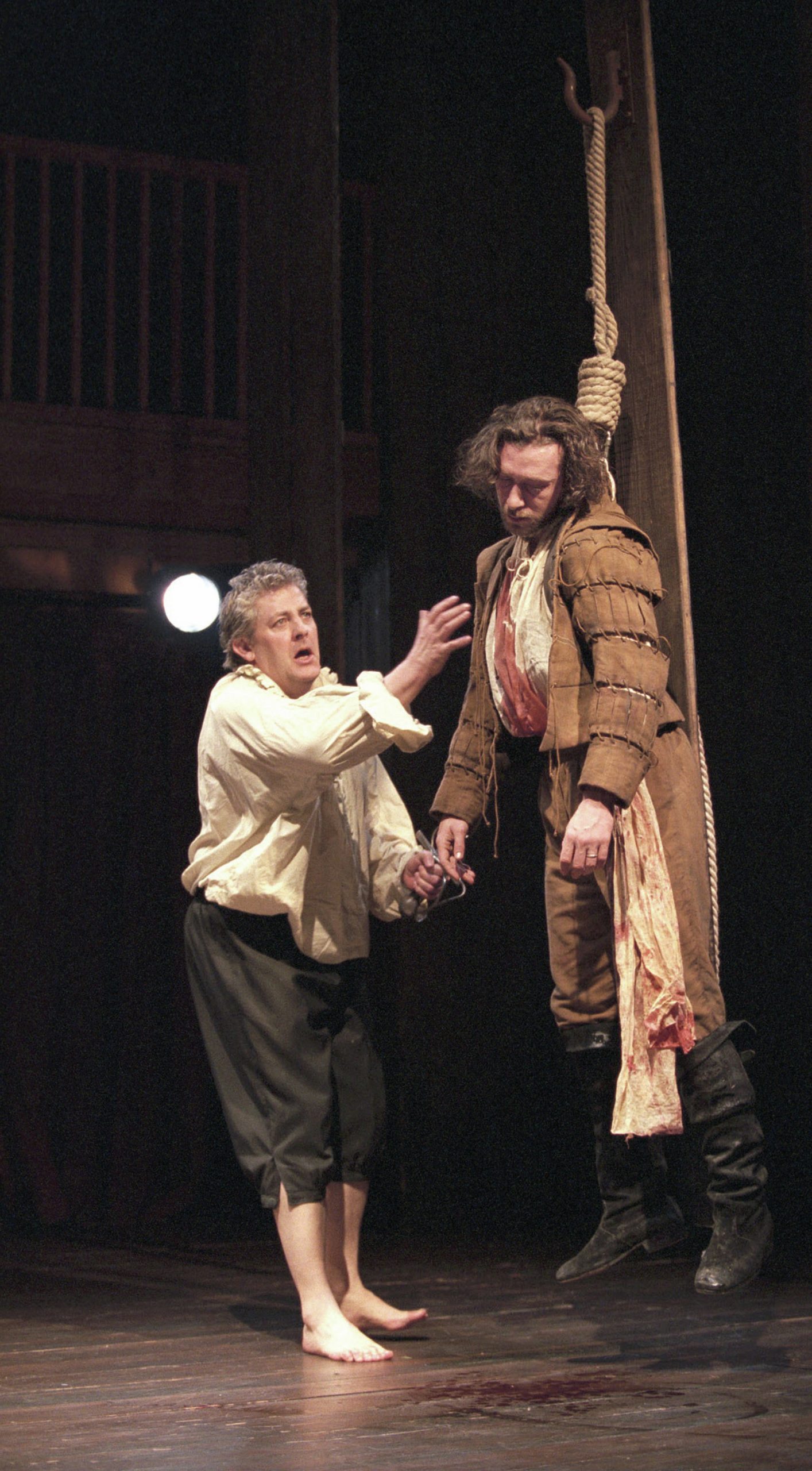
The opening line of L. P. Hartley’s 1953 novel The Go-Between, ‘The past is a foreign country: they do things differently there’, is also a useful metaphor for thinking about literary history. Just because we share a language or a country of origin with a book, does that mean we automatically understand its contents? How long after its composition will its world start to seem strange to readers — like another country, to use Hartley’s metaphor? How long before the customs and ideas that the author took for granted come to seem unfamiliar or off-putting?
Shakespeare has been a fixture of the English curriculum since English was first taught as a subject back in the nineteenth century. Generations of teachers have tried to lessen the distance between his world and the present by emphasising the universal nature of his ideas, or the relevance of his plays to the contemporary world. But the ‘past-ness’ of Shakespeare nevertheless bleeds through. When we read Shakespeare’s plays, we soon realise that we really are in another world where they really do ‘do things differently’. But the shock of that encounter with an alien past can also be illuminating. It can help us understand the customs of Shakespeare’s own times and think about the extent to which the ‘entertainment culture’ he wrote for differs from our own.
Your organisation does not have access to this article.
Sign up today to give your students the edge they need to achieve their best grades with subject expertise
Subscribe




